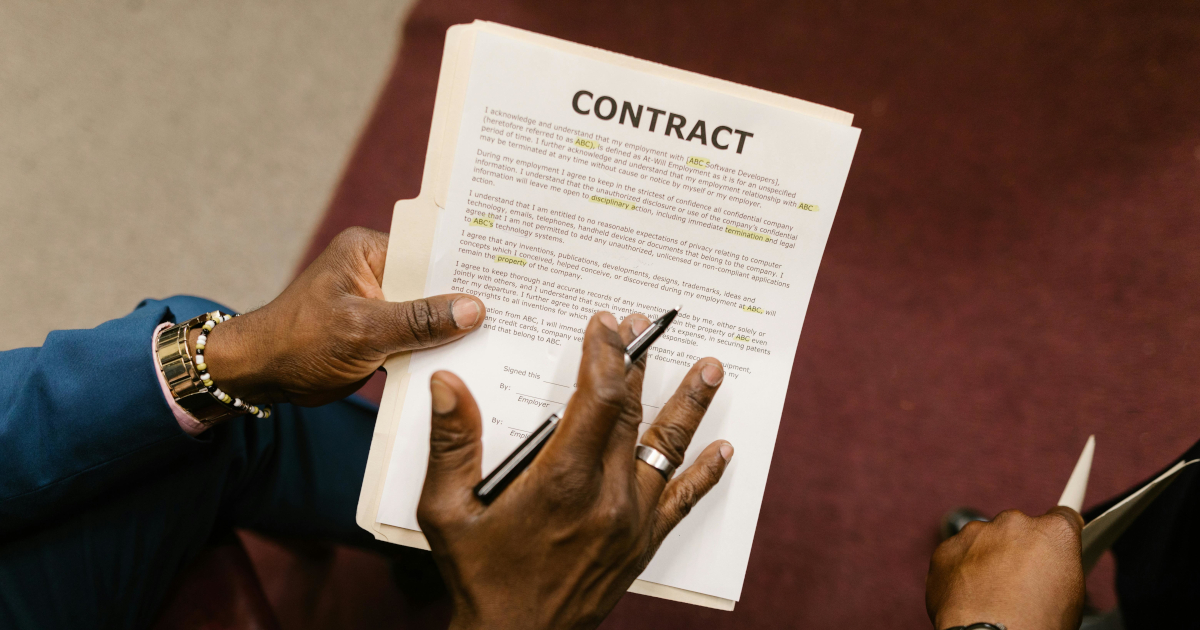FAQ: Navigating Employment Law Challenges in a Politically Polarized Environment

Summary
This article examines how political polarization creates significant challenges in employment law, including frequent policy changes between presidential administrations and conflicting state vs. federal regulations. These dynamics create compliance difficulties for businesses operating across different jurisdictions and force employers to navigate politically sensitive workplace issues.
What is the main employment law challenge discussed in this article?
The primary challenge is the radical policy divergence that occurs with every change in presidential administration, creating uncertainty and compliance difficulties for businesses.
How do presidential administrations differ in their approach to worker classification?
Republican administrations typically favor pro-employer frameworks that simplify independent contractor classification, while Democratic administrations tend to reinstate worker-focused ’economic reality’ tests that favor employee status.
What specific wage and hour regulations are subject to frequent changes?
Overtime rules, particularly the minimum salary threshold for exempt employees (Executive, Administrative, and Professional), are subject to frequent major revisions and judicial challenges based on political orientation.
How do federal agencies like the EEOC and NLRB change with different administrations?
These agencies experience shifts in enforcement priorities, staffing, and regulatory authority depending on the incumbent president’s agenda, with some focusing on deregulation while others push for aggressive enforcement of worker-friendly rules.
What is the ‘fragmentation’ issue between federal and state employment laws?
Political polarization has created a confusing patchwork of laws where states take aggressive action to either cement or counter federal policies, making centralized compliance impossible for national employers.
How do ‘blue states’ and ‘red states’ differ in their employment law approaches?
Blue states often pass stronger worker protections like higher minimum wages and mandatory paid family leave, while red states focus on preemption laws that prevent local ordinances and pass ’trigger laws’ for business-friendly regulations.
What compliance challenges do national employers face due to state law variations?
Employers must navigate varying non-compete bans, pay transparency laws, and specific protected classes not covered by federal law, requiring costly and complex understanding of local nuances across state lines.
How do ‘culture wars’ affect the workplace according to the article?
Extreme political polarization spills into workplaces, forcing employers to navigate sensitive political speech and conduct issues that can lead to discrimination, harassment, or retaliation claims.
Why is political speech in the workplace particularly challenging for employers?
Since federal law does not protect political affiliation in the private sector, employers must carefully handle discipline for political speech to avoid discrimination, harassment, or retaliation claims when speech connects to protected characteristics.
What is the overall impact of these employment law challenges on businesses?
These challenges make long-term business planning and operational compliance a high-stakes guessing game, requiring continuous monitoring and adjustment of policies to avoid costly lawsuits.

This story is based on an article that was registered on the blockchain. The original source content used for this article is located at 24-7 Press Release
Article Control ID: 263090